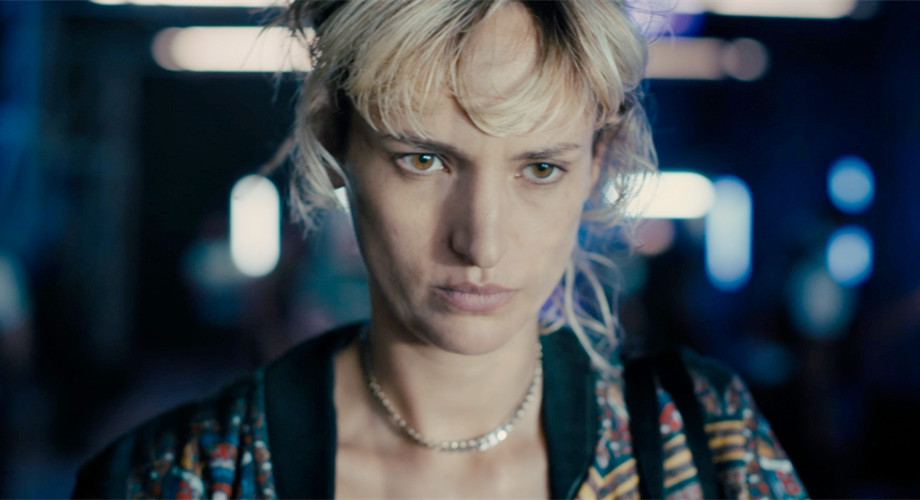
If there’s something that David Cronenberg truly excels at, it’s freaking out the audience with the kind of creepy, disgusting imagery that sends chills down your spine and etches in your mind for long after the credits roll. Whether it’s the bug typewriters of ‘Naked Lunch’, the head-bursting explosions of ‘Scanners’, the teeth-bulleted guns of ‘eXistenZ’ or the bathhouse brawl of ‘Eastern Promises’—the Canadian filmmaker has earned a reputation as the godfather of all things macabre and North America’s chief surgeon of the flesh.
After an eight-year leave of absence, Cronenberg is once again on everyone’s lips following his latest release, ‘Crimes of the Future’, a film that marks something of a return to form for the king of body horror. Hot on the heels of this extremely exciting occasion, we have decided to assemble ten hair-rising film recommendations that any Cronenberg aficionado will surely get a thrill out of.
1. Titane (2021)
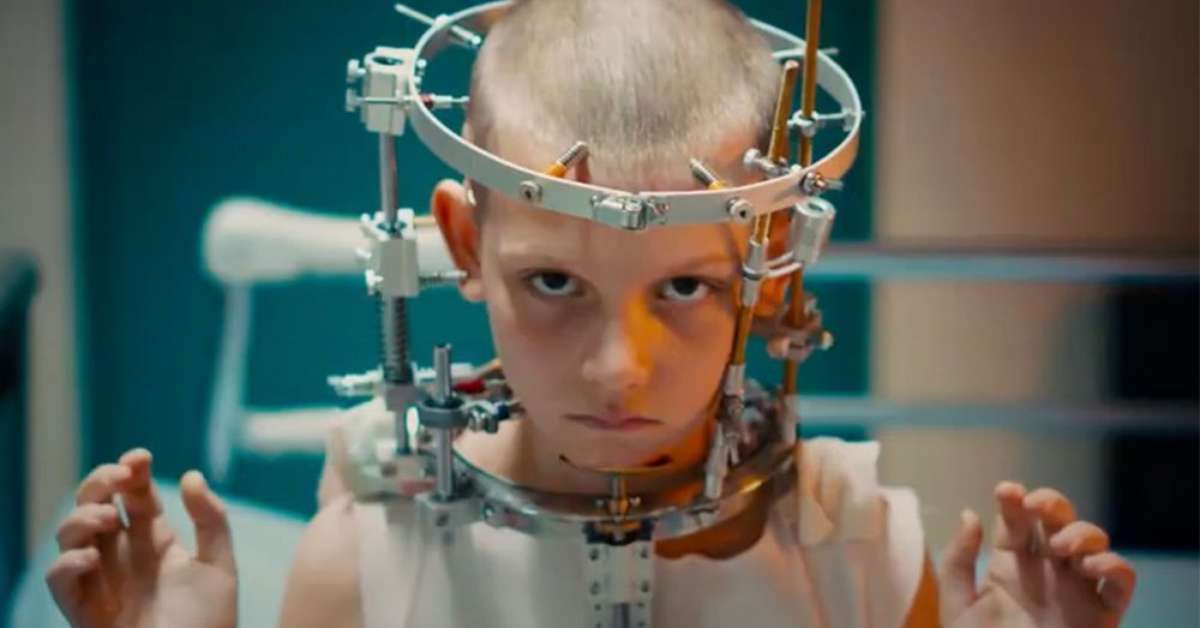
Kicking things off, we turn to Julia Ducournau, a French director who in recent years has been dubbed the spiritual successor to the Canadian himself. Her incendiary Palme d’Or-winner is very much cut from the same cloth as Cronenberg’s fleshy catalog and rubbed plenty of critics the wrong way precisely by echoing the automotive depravity first seen in the 1996 ‘Crash’. ‘Titane’ puts us through the wringer in a two-hour long stomach-turning rollercoaster full of twists and turns that interrogates themes of gender, family and grief in the most unexpected ways.
Viggo Mortensen—a frequent Cronenberg collaborator—fanned the flames of controversy in this year’s Cannes festival by dismissing ‘Titane’ as superficial shock. Fortunately, the Canadian auteur quickly buried the hatchet by congratulating Ducournau for her Palme, arguing that her win was a welcomed surprise and a real breakthrough for the festival. “I liked the film a lot,” the director said. “She’s got a really strong visual style and a sense of the absurd, the extreme.” As to the similarities between their work, Cronenberg argued that his influence mostly serves “in the sense of unlocking her own sensibility as a filmmaker, which is unique.”
2. Don’t Look Now (1973)
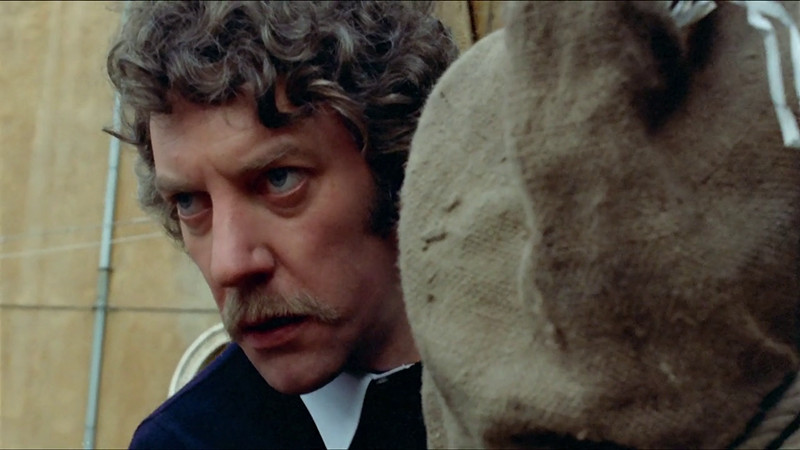
One wonders if someone like Cronenberg, who has been the mastermind behind some of the most gruesome horror movies to ever grace the silver screen, is fazed by any film at all. Prompted to mention the most frightening one he can recall watching, the Canadian cited Nicolas Roeg’s classic Venetian thriller without hesitation. “This was a movie that really stunned me, I was very impressed by it,” the director said. As a man of many passions who didn’t find his true calling until being of age, Cronenberg admits feeling intrigued by Roeg, who worked as a cinematographer long before sitting at the director’s chair.
Much like the Canadian’s work, ‘Don’t Look Now’ is a film that keeps its cards close to the chest before showing its true colors as a poignant rumination of death and the human condition. “It’s a very strange movie, very much about death but, at first, you’re not aware that that’s really the subject matter, it’s really a love story. Just recently someone said, ‘tell me a movie that is one of your favorite movies’, which is very hard to do because there are hundreds of movies that I love, but I did say ‘Don’t Look Now’”.
3. Hour of the Wolf (1966)
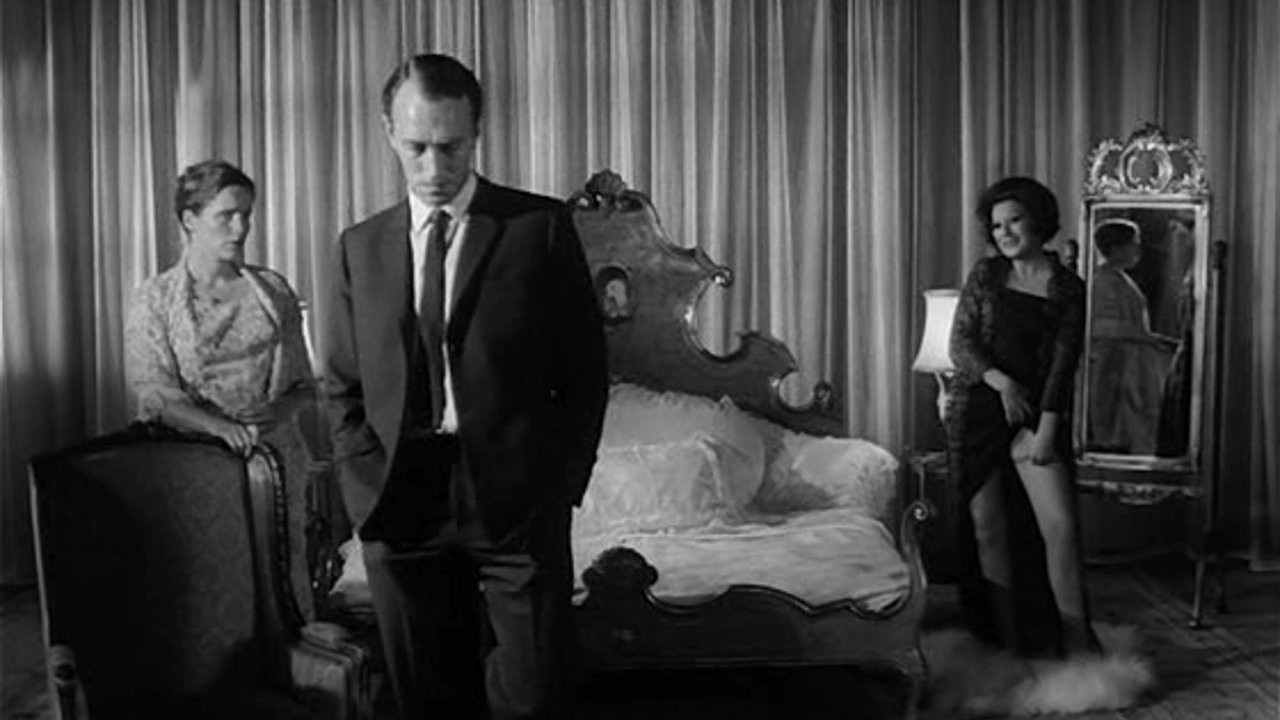
Having been born and raised in Toronto with little to zero exposure to arthouse cinema, Cronenberg mentions that his initial influences were mostly literary—that is, until the sixties came around with the likes of Fellini, Truffaut, Godard and Bergman. The latter is mentioned as one of the touchstones in his cinematic education, one he looked upon as a model of what a director should be. “Nowadays we often call films of other directors ‘Bergmanesque’. How many of today’s filmmakers can say the same?”
Though his first introduction to the Swedish master came through his father with ‘The Seventh Seal’, it’s another existential chamber drama of his, ‘Hour of the Wolf’, that was hand-picked by the Canadian while curating a list for the 2018 NIFF. “This was a beautiful movie; very much a nightmare.” The film has an unlikely connection with Cronenberg’s ‘The Fly’, serving as inspiration to the scene where Jeff Goldblum’s character climbs up to the walls and up to the ceiling. “I remember watching a similar scene in this movie that was done so simply but was very effective.”
4. La Haine (1995)
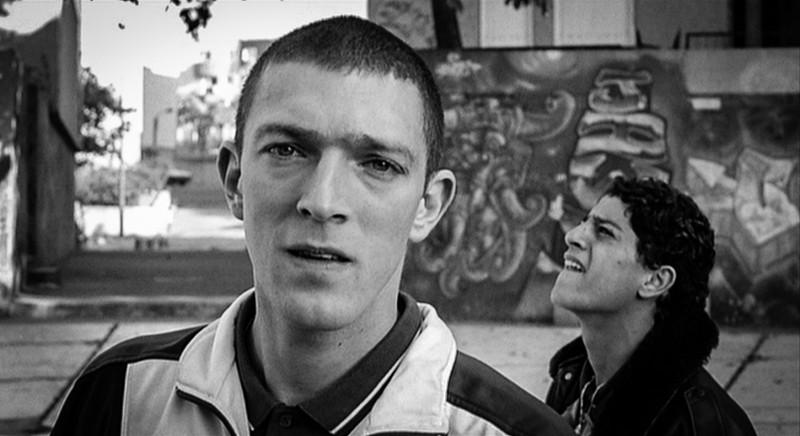
Often hailed as one of the greatest French films of all time, ‘La Haine’ is a gritty portrait of life in the Parisian banlieue districts that studies race relations, youth disillusionment and the cyclical nature of violence with uncompromising authenticity. The film took the world by storm and made a household name out of its charismatic lead, Vincent Cassel, who plays a hot-headed but lovable Jew immigrant with a constant chip on his shoulder.
In the ensuing decades, Cassel would go on to work under the umbrella of American studios, yielding uneven results thus far. Among the highlights is David Cronenberg’s ‘Eastern Promises’, an impressive outing that’s still seen as the high-water mark of his career overseas. Cronenberg complimented his two-time collaborator during a recent interview, heaping praise on his “fantastic emotional depth and intellect”. Fortunately, it appears we won’t have to wait too long until they team up for the third time, with Cassel reportedly attached to star as the lead in Cronenberg’s newly-announced project, ‘The Shrouds’.
5. The Incredible Shrinking Man (1957)
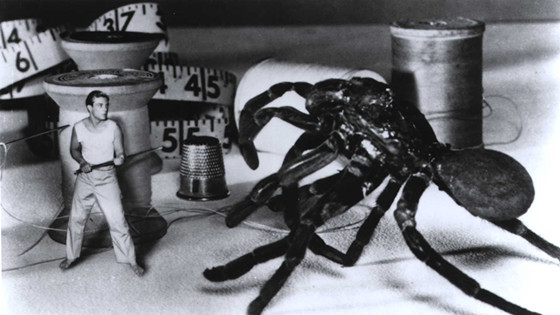
Simplicity is the ultimate sophistication. This statement rings true in a wealth of Cronenberg’s seminal work as well as in this Cold-war era cult-classic. After being exposed to a dangerous radiation cloud during a boat trip, suburban everyman Scott Carey finds himself inexplicably shrunk by a few inches. Throughout the story, his astounding dwindling continues until he’s tiny enough to fit in a teacup, forcing him to fend for himself in a net of deadly domestic traps, including but not limited to his cat, mousetraps and a terrifying tarantula he battles during the film’s operatic climax.
‘The Incredible Shrinking Man’ uses a basic premise and inventive optical effects as a baseline for a thrilling treatise on atomic-age paranoia, body horror and existential dread that reaches cosmic proportions. The fact that Cronenberg gravitates towards this Kafkaesque—if not proto-Cronenberg—adaptation barely comes as a shocker. The Canadian included it in his curated list of films that inspired him for the 18th edition of the Neuchâtel Fantastic Film Festival.